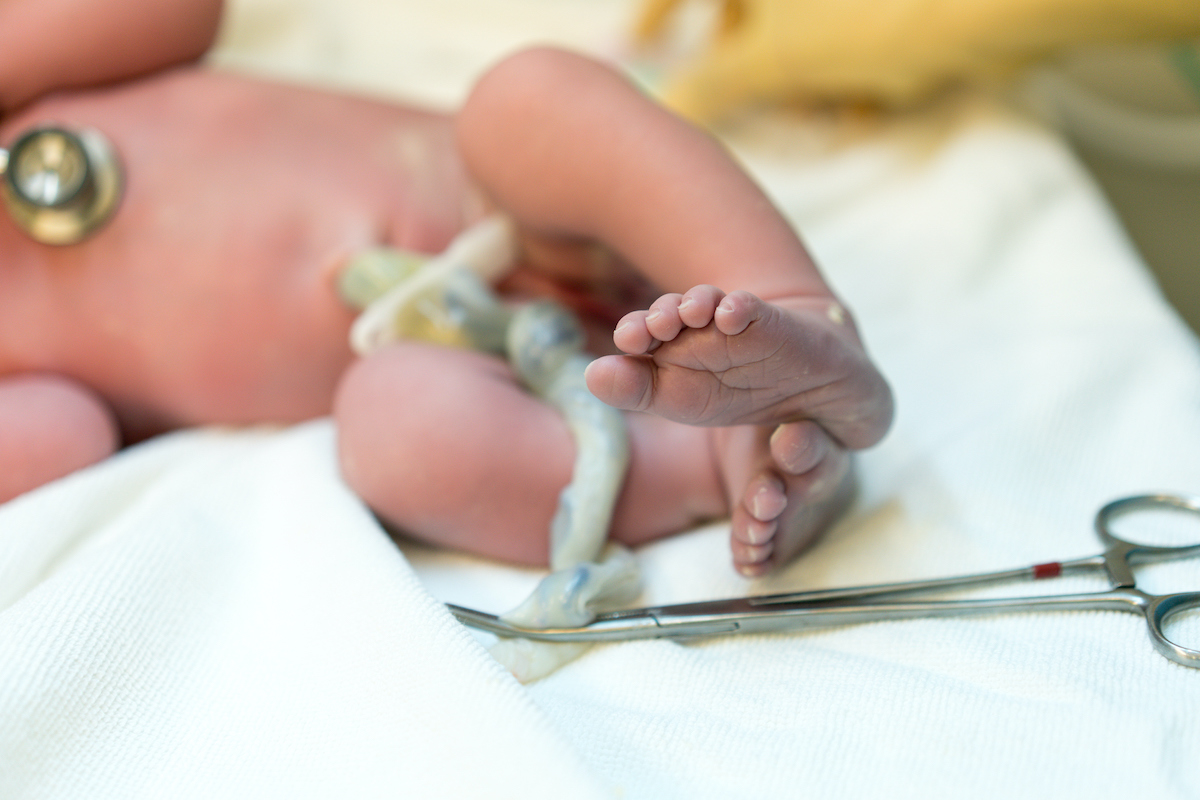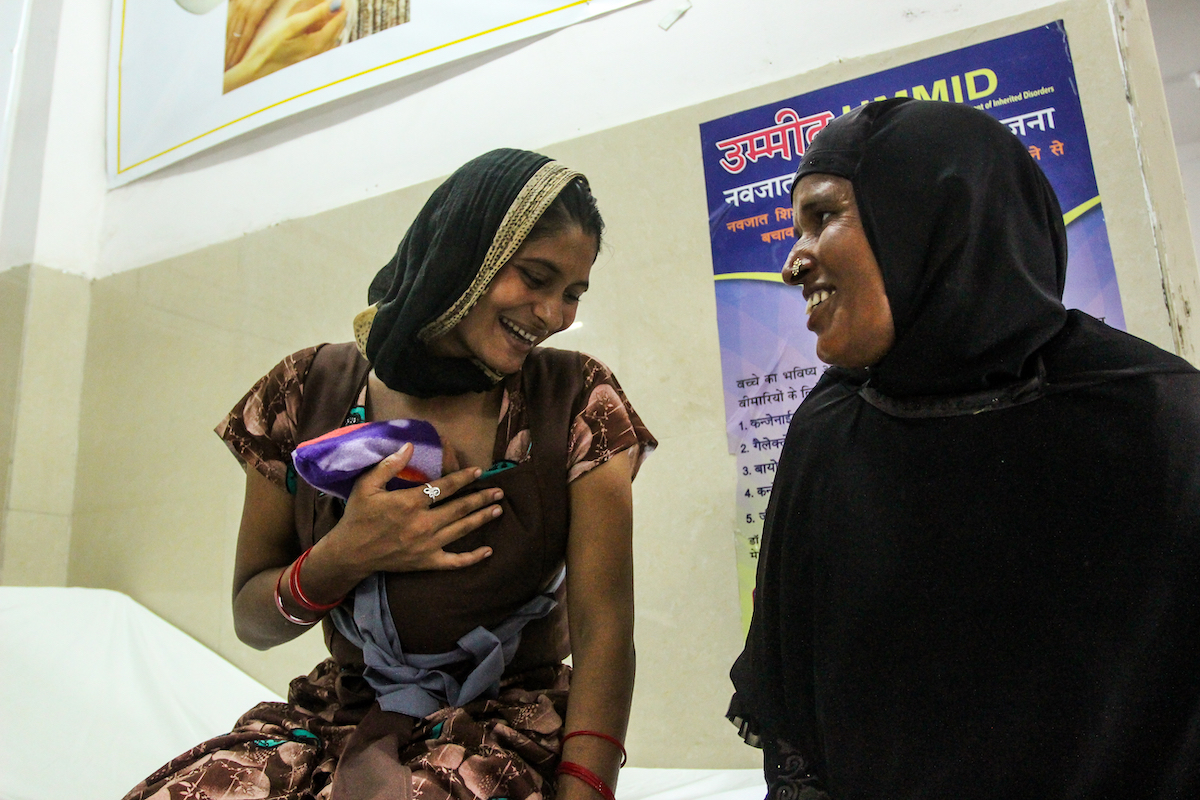Approximately 10% of births in the U.S. are preterm, defined as before 37 completed weeks of pregnancy. Although many premature babies do well and have no long-term differences, preterm birth is associated with higher risks of later developmental issues. This is more common the more preterm the baby is. In some cases, the reason for a preterm birth is known, but often it’s not. Even more challenging, we have little idea of what interventions can prevent preterm birth.
One long-standing theory is that low levels of the hormone progesterone could play a role in raising the risk of preterm birth; this was a potential avenue for treatment, since progesterone can be elevated, either through vaginal suppositories or through injections. In 2003, a study in the New England Journal of Medicine seemed to support the use of injectable progesterone to lower preterm birth. The study — a randomized trial with a total of about 460 women — showed a 33% reduction in the risk of preterm birth.
This finding increased the desire to use the medication with women at risk of preterm birth. Until 2011, however, there was no standard version of the product and it had to be accessed by special request at compounding pharmacies. In 2011 the FDA approved a standard form of this drug called Makena. As part of this process, the FDA required the company that received the approval to fund a larger efficacy study.
That study, published in 2020, enrolled 1,700 women. And the authors did not find any differences in preterm birth — the rate of birth before 35 weeks was 11% in the treatment group, 11.5% in the control group.
Over the past couple of years, there has been a lot of back-and-forth on this. There has been pressure on the FDA to rescind approval of what is, basically, a very expensive drug with limited demonstrated efficacy. On the other side, supporters of Makena argue that the second trial enrolled a much lower risk sample (the preterm birth rate in the control group is 11.5%, versus 50% in the original trial), so maybe with a higher risk sample there would be more impacts. A 2021 meta-analysis combining all these studies suggested that there might be some small effects, adding to the confusion.
Finally, within the past few weeks the FDA has recommended that approval be rescinded, based on lack of demonstrated efficacy. Confusingly, though, doctors and patients may still be able to access this drug through compounding pharmacies, just as you could before the Makena approval. It’s a mess!
Where does this leave us? First, if you were prescribed Makena in the past and are now worried, don’t be. There isn’t any information here to suggest you should be concerned. Second, it seems unlikely that injectable progesterone will be prescribed much going forward, even if it could be accessed outside these branded channels. There is limited loss associated with this; the impacts, even if they are there, are small.
The bottom line is that preterm birth, and the prevention of it, remains a mystery and there remains more to do and understand.
Thanks to Dr. Nathan Fox for help on this question.


















Log in